Life cycle assessment of soybeans production and processing system 313 The leaves of soybeans can be used for hay, silage, and fodder, and green ma nure. The plant fixes nitrogen into the soil.
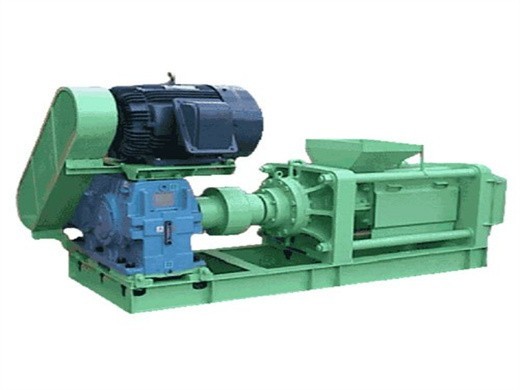
production of high quality oil for food, bio-lubricants, biodiesel and energy. The aim of this work is to estimate all input/output data based on the energy and material balanced calculation at each stage of soybean oil production in order to conduct a Life Cycle Assessment (LCA).
Get Price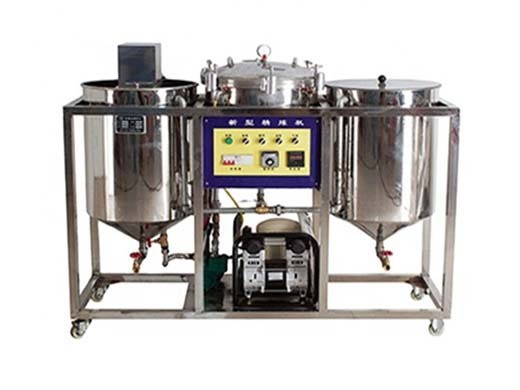
Brazil is one of the leaders in soybean cultivation and Rio Grande do Sul state (RS, Southern Brazil) is one of the most important soybean producing regions in the country. Various studies have indicated the environmental impacts of soybean cultivation, however there is a lack of research into other dimensions of sustainability concerning the production of this crop.
Get Price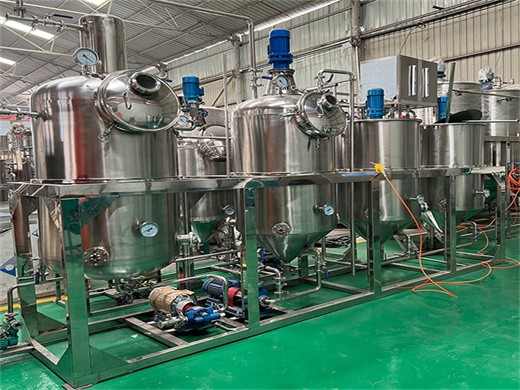
This study carries out a life cycle assessment on biodiesel made from soybean oil, jatrophal oil, and microalgal oil in China conditions to evaluate the environmental performance of producing and using biodiesel as transport fuel compared with fossil diesel with a more complete set of impacts. 2. Methodology 2.1. Objective of the LCA
Get Price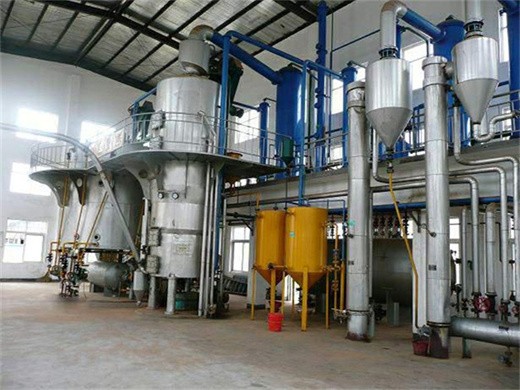
Over a score of life cycle assessment (LCA) studies on microalgae oil and biofuels production have been recently published, with a majority, but not all, concluding that algae biofuels could substantially reduce greenhouse gas (GHG) emissions, compared to fossil fuels. However, with the exception of fermentation processes (using sugar or starch as inputs), essentially no algae oil is currently ...
Get Price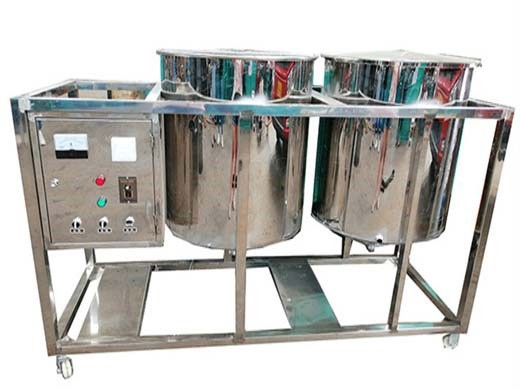
The aim of this article is to present the first life cycle assessment of chitosan production based on data from two real producers located in India and Europe. The goal of the life cycle assessment (LCA) was to understand the main hot spots in the two supply chains, which are substantially different in terms of raw materials and production locations. The LCA is based on consequential modelling ...
Get Price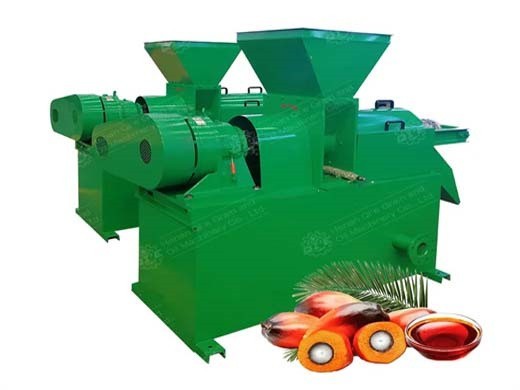
22 nd European Biomass Conference and Exhibition, 23-25 June 2014, Hamburg, Germany LIFE CYCLE ASSESSMENT OF RAPESEED OIL AS SELF-SUFFICIENT AGRICULTURAL BIOFUEL – RESULTS OF CASE STUDIES FROM BAVARIA K. Engelmann, D. Dressler, L. Strimitzer, K. Thuneke, E. Remmele
Get Price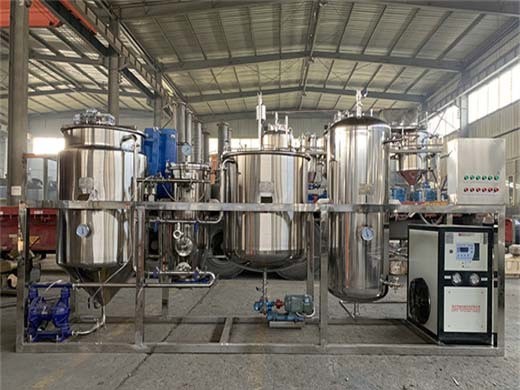
Comparison of allocation approaches in soybean biodiesel life cycle assessment S. Morais, A. A. Martins and T. M. Mata ABSTRACT This work shows the influence of using different allocation approaches when modelling the inventory analysis in a soybean
Get Price
One of the most promising forms of renewable energy is biodiesel produced from vegetable oils, such as rapeseed, soybean and palm oil. Malaysia, being the world's second‐largest producer of palm oil, therefore...
Get Price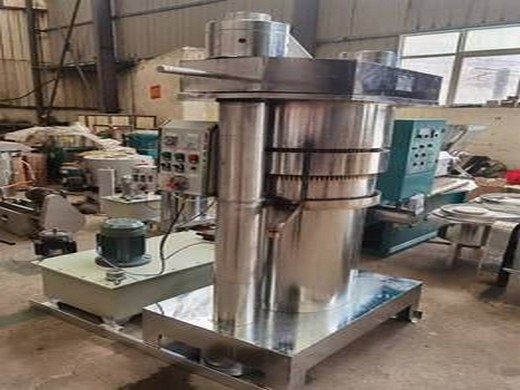
A life cycle assessment (LCA) case study was conducted on the processing of soybeans to soybean oil. Three stages of soybean oil processing are studied in detail: preprocessing, extraction and separation, and postprocessing.
Get Price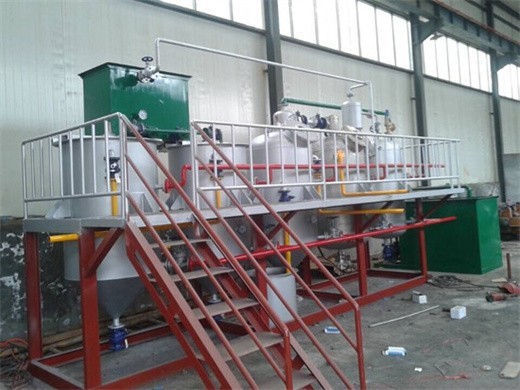
Detailed Life Cycle Inventory & cradle-to-gate LCA of PHB production from soybean oil and sucrose as fermentation feedstock. • Comparison with previous LCA studies on PHB production as well as on fossil-based polymers such as HDPE and PP.
Get Price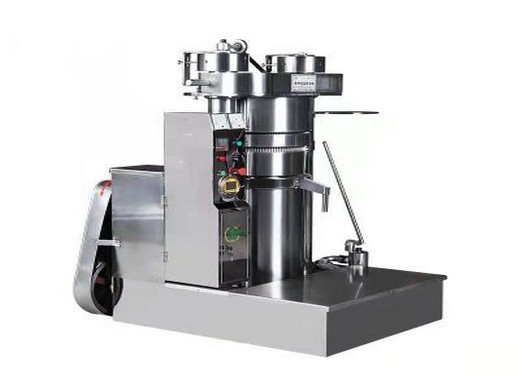
ABSTRACTA life cycle assessment (LCA) case study was conducted on the processing of soybeans to soybean oil. Three stages of soybean oil processing are studied in detail: preprocessing, extraction
Get Price
Life cycle assessment of soybeans production and processing system 313 The leaves of soybeans can be used for hay, silage, and fodder, and green ma nure. The plant fixes nitrogen into the soil.
Get Price
Quantis New Earth AGÉCO Update of Soybean Life Cycle Analysis August 2016 Page i Quantis (main contractor) is a leading life cycle assessment (LCA) consulting firm specialized in supporting companies to measure, understand and manage the environmental impacts of their
Get Price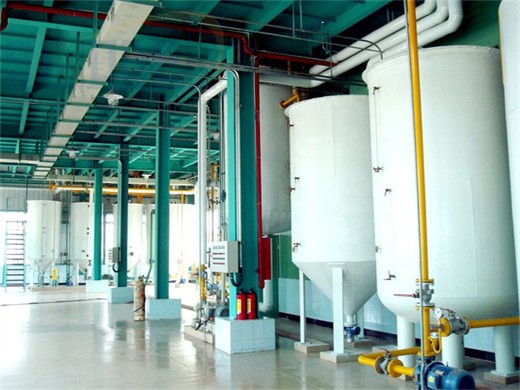
LIFE CYCLE ASSESSMENT OF SOYBEAN OIL PRODUCTION. YONG LI. Department of Chemical and Biomolecular Engineering North Carolina State University Box 7905 Raleigh, NC 27695‐7905. Search for more papers by this author. EVAN GRIFFING
Get Price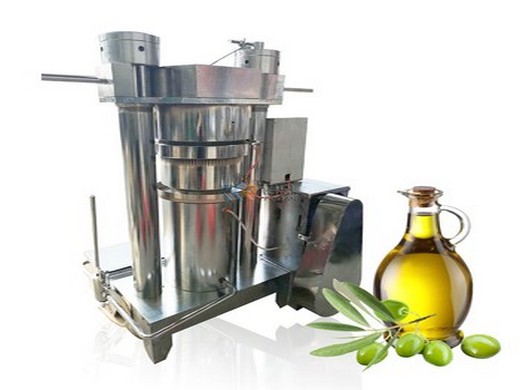
Life Cycle Assessment of Soybean Oil Production
Get Price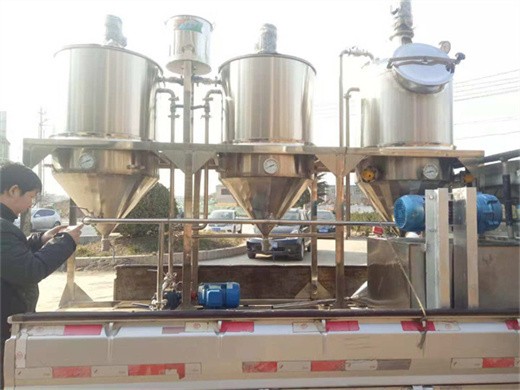
We are collected when performing a life cycle assessment.”3 The unit processes updated for this study include: soybean growing/agriculture, crushing into crude soybean oil and meal, refining, and methyl soyate production by transesterification, shown in the figure below. Transportation aspects for each unit process are included. Unit processes to
Get Price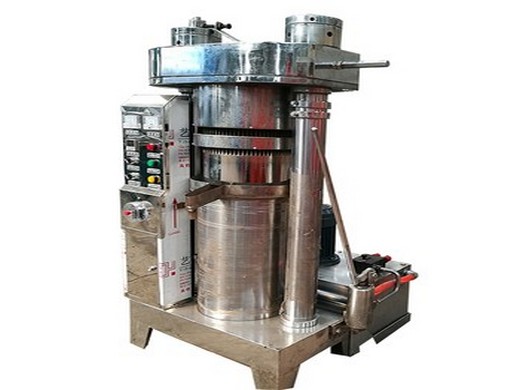
Life cycle assessment of five vegetable oils. Schmidt J (2015) Publication info. Journal of Cleaner Production 87:130-138. Abstract. The purpose of this study is to evaluate and compare the environmental performance of five different vegetable oils, including the relevant market responses induced by the oils’ by-products. The oils under study are palm oil, soybean oil, rapeseed oil
Get Price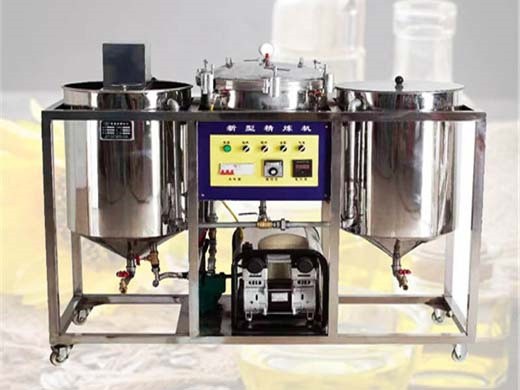
An updated life cycle assessment (LCA) of soybean production and products commissioned by the United Soybean Board found multiple energy and environmental benefits of current US soybean farming and processing. Currently, the data included in the Department of Energy’s US Life Cycle Inventory is based on three years, 1998 to 2001.
Get Price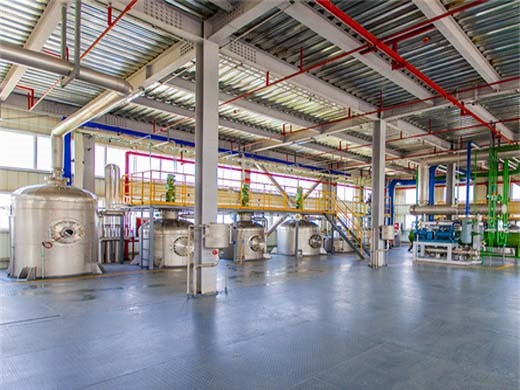
Life-Cycle Assessment of Energy and Greenhouse Gas Effects of Soybean-Derived Biodiesel and Renewable Fuels ANL/ESD/08-2 by H. Huo, 1 M. Wang, C. Bloyd,2 and V. Putsche3 1Energy Systems Division, Argonne National Laboratory 2Decision and Information Science Division, Argonne National Laboratory 3Center for Transportation Technologies and Systems, National Renewable Energy
Get Price
COMPARATIVE LIFE CYCLE ASSESSMENT OF FIVE DIFFERENT VEGETABLE OILS OBJECTIVES • To evaluate the environmental impacts of several major vegetable oils (Fig. 1), providing decision support for situations where these oils are substitutable.
Get Price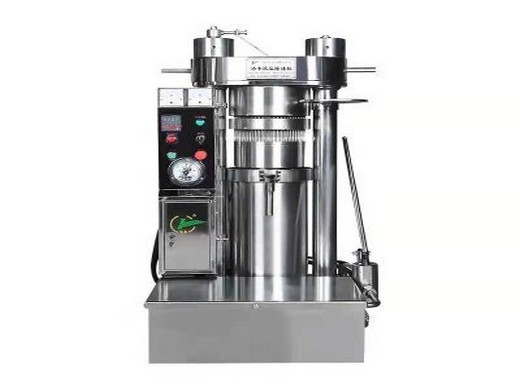
ABSTRACT A life cycle assessment (LCA) case study was conducted on the processing of soybeans to soybean oil. Three stages of soybean oil processing are studied in detail: preprocessing, extraction and separation, and postprocessing.
Get Price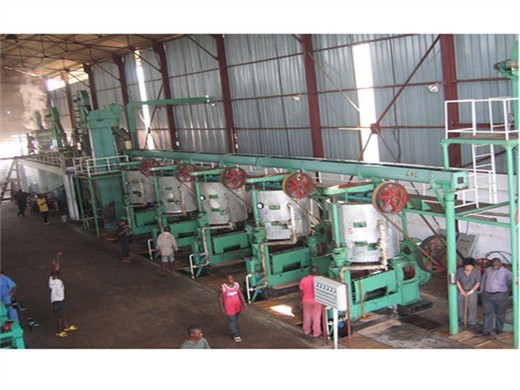
The first comprehensive life-cycle inventory (LCI) for biodiesel produced in the United States from soybean oil was completed by Sheehan et al. in 1998. The purpose of the study was to conduct a life-cycle assessment (LCA) to quantify and compare the environmental and energy flows associated both with biodiesel and petroleum-based diesel. One
Get Price
Biodiesel has been attracting considerable attention as being a renewable, biodegradable, and nontoxic fuel that can contribute to the solution of some energy issues as it presents potential to help mitigate climate change. The Life Cycle Assessment of biodiesel from soybean oil (transesterification double step process) was carried out herein.
Get Price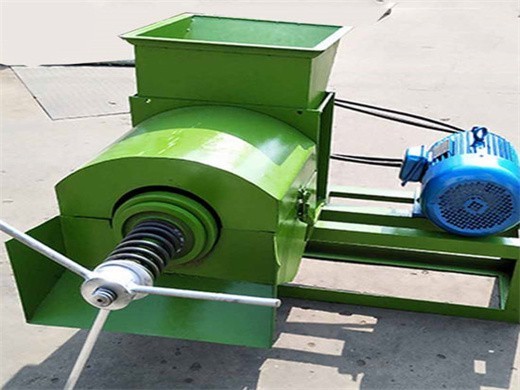
Our findings show that accounting for trade can significantly alter the results of life-cycle assessment studies, particularly for many Canadian manufacturing sectors, and the production/consumption of goods in one country often exerts significant energy- and GHG-influences on the other.
Get Price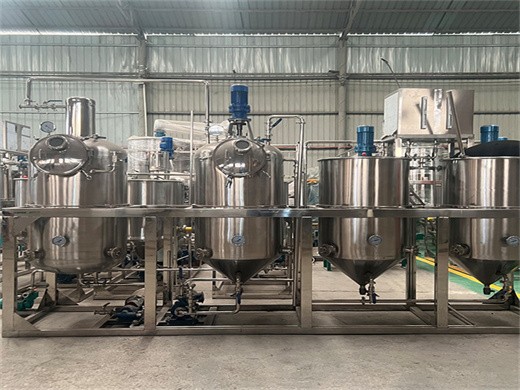
Soybean oil and meal. Synonyms Vegetable oil and protein feed. Context and background The soybean is an agricultural product that after harvest is subjected to oil extraction with a solvent, normally hexane. The solid output from the extraction is soy meal that is used as livestock meal or to produce soy protein food products. This example
Get Price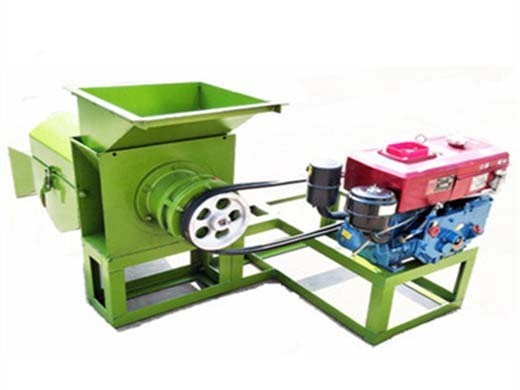
Soybean Oil Production Line Overview. The soybean oil production line is the process of treating soya bean with the press method or leaching method to obtain more crude oil and then refined to obtain edible refined oil.
Get Price
It appears as a potential feed stock that makes biodiesel to be pure renewable alternative fuel. The research is conducted based on two biodiesel production processes by reacting soybean oils with methanol and ethanol. Life cycle assessment was carried out in order to evaluate the environmental impacts and to identify the process alternative
Get Price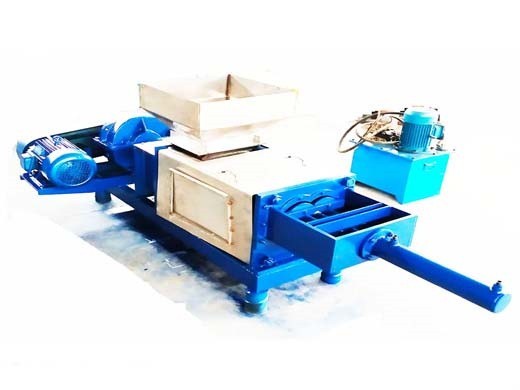
Environmental Impact Analysis of Soybean Oil Production from Expelling, Hexane Extraction and Enzyme Assisted Aqueous Extraction Abstract In the industry, expelling and hexane extraction are the two typical processes for soybean oil production. However, the low efficiency and hazardous chemical problem are the main issues for these two processes
Get Price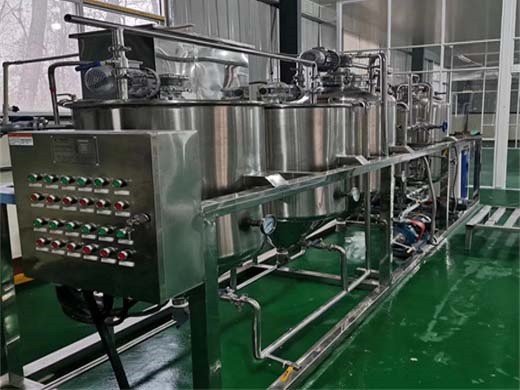
LIFE CYCLE ASSESSMENT OF A PILOT SCALE FARM-BASED BIODIESEL PLANT Eli Shawn Jordan Wasserman Advisors: University of Guelph, 2013 Prof. William David Lubitz, Prof. Rob Nicol and Prof. Goretty Dias This study used environmental life cycle assessment (LCA) to investigate waste vegetable oil
Get Price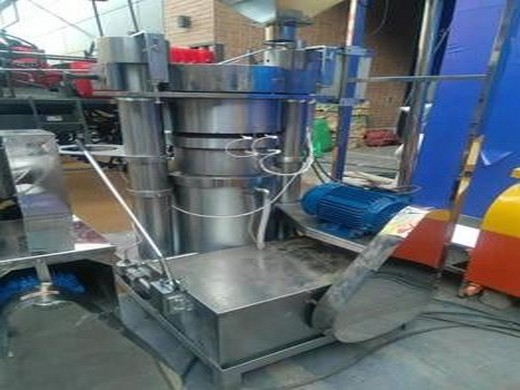
For manufacturers of large quantities of soybean oil production and processing, it is also very tempting. Besides, good soybean oil press equipment also has longer service life than poor ones. In addition, due to the high oil rate of soybean, it could easily lead to clogged oil line in the pressing process. So you can add small amount of cake
Get Price
This report presents the main results of the study carried out for Phase 2 of the project entitled “Comparison of Biofuel Life Cycle Assessment Tools”, which is included in the activities of Task 39 (Commercializing Liquid Biofuels from Biomass) of the International Energy Agency Bioenergy Technology Collaboration Program (IEA Bioenergy).
Get Price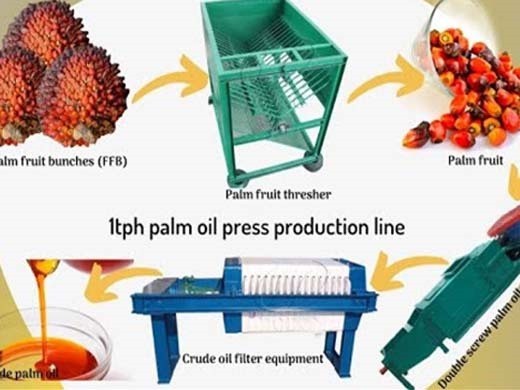
•Waterfootprint profile (water consumption and water degradability) assessment of four different vegetable oils used for biodiesel production following the ISO 14046 guidelines • Compare two methods to assess water consumption: WSI (Pfister et al. 2009; Pfister & Ridoutt 2013)) and AWARE (Boulay et al. 2015) • Comparison of 4 alternative feedstocks for biodiesel: rapeseed, soybean, palm
Get Price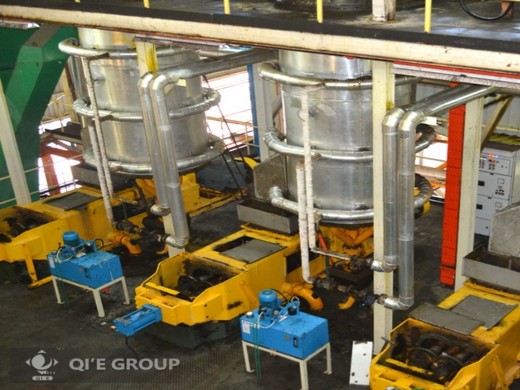
T D ACCEPTED MANUSCRIPT 8905 Greenhouse gas assessment of soybean production: implications of land use change and different cultivation systems Érica Geraldes Castanheiraa and Fausto Freirea,* aADAI-LAETA, Department of Mechanical Engineering, University of Coimbra, Pólo II Campus, Rua Luís Reis Santos, 3030-788 Coimbra, Portugal
Get Price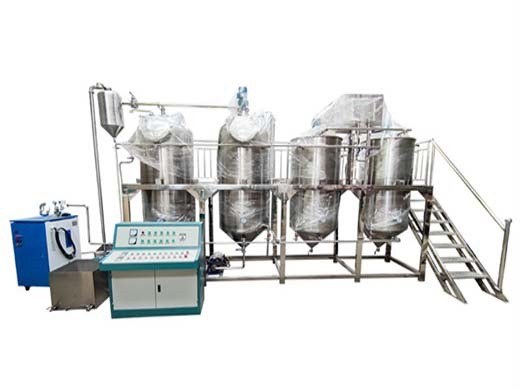
Life Cycle Assessment of Soy Protein Isolate . System boundaries include life cycle stages from farming to production of SPI as shown in Figure 2. Data comes from LCAs that also have cradle to gate boundaries. Distribution, use and disposal are not considered due to substantial variation in potential uses for SPI. Data gaps
Get Price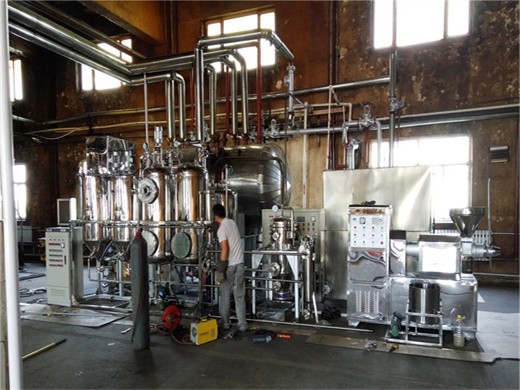
“Comparison of Biofuel Life Cycle Assessment Tools”, which is included in the activities of Task 39 (Commercializing Liquid Biofuels from Biomass) of the International Energy Agency Bioenergy Technology Collaboration Program (IEA Bioenergy).
Get Price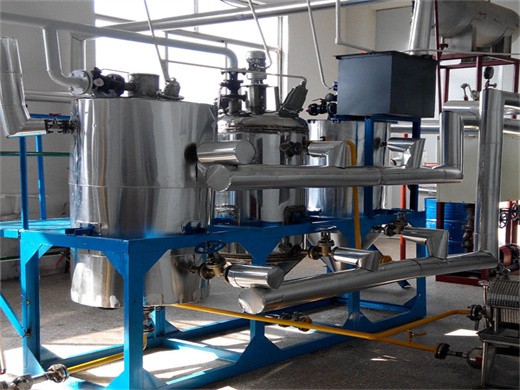
Comparison of allocation approaches in soybean biodiesel life cycle assessment S. Morais, A. A. Martins and T. M. Mata ABSTRACT This work shows the influence of using different allocation approaches when modelling the inventory analysis in a soybean
Get Price